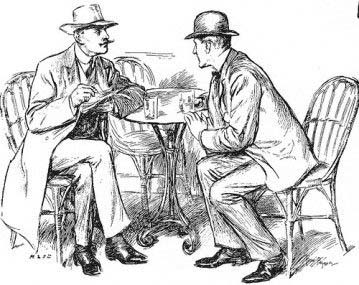
Psychotherapy for Men: 5 Truths from Jungian Analysis
Psychotherapy for men is intricate, because our culture is deeply unsure about men's issues, or what males should do or be. While the women's movement has brought much real change to the way women view themselves, males in our present culture are often profoundly disoriented.
